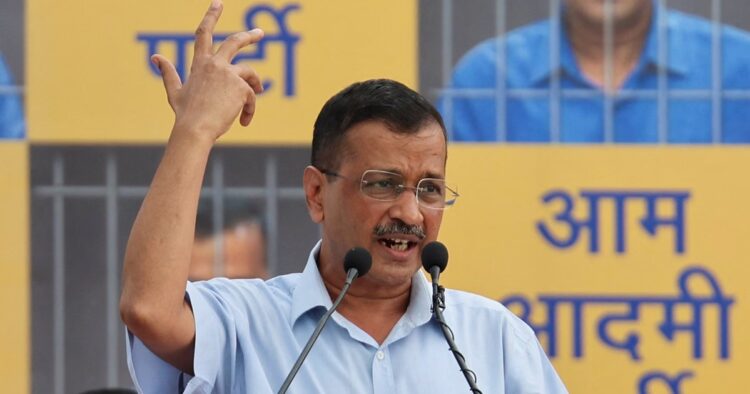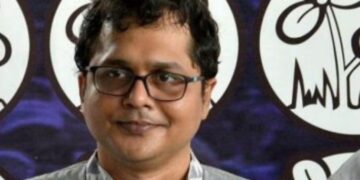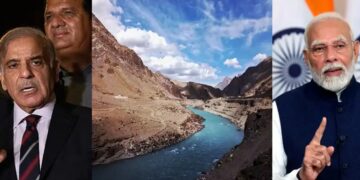On Wednesday, Delhi Chief Minister Arvind Kejriwal was formally arrested by the Central Bureau of Investigation (CBI). This development occurred following a court order allowing the CBI to question Kejriwal in court and present evidence for his arrest. Kejriwal, accompanied by his wife Sunita Kejriwal, appeared at the Rouse Avenue Court for a hearing related to the excise policy case.
The Supreme Court is also set to hear a petition from Arvind Kejriwal challenging a Delhi High Court decision that temporarily halted his bail in a money laundering case linked to the liquor excise policy. Earlier, the CBI had questioned Kejriwal at Tihar Jail and recorded his statement in connection with the same excise policy case.
Responding to the developments, a lawyer representing Kejriwal’s Aam Aadmi Party (AAP) criticized the Modi government. The lawyer emphasized that despite nearly a year passing since Kejriwal began cooperating with the investigation, the CBI’s move to arrest him showed no change.
Earlier, the Delhi High Court had stayed a bail order granted to Kejriwal by a trial court, citing procedural concerns under the Prevention of Money Laundering Act (PMLA). The High Court remarked that the trial court should have ensured compliance with the conditions set out in the PMLA before granting bail.
ALSO READ: “CBI Arrests Arvind Kejriwal From Jail Day Before Bail Hearing In Supreme Court”
The decision by the vacation bench of Justices Sudhir Kumar Jain, Manoj Misra, and SVN Bhatti to temporarily halt Kejriwal’s bail without issuing a final order was described as unusual, highlighting the legal complexities surrounding the case.
The arrest of Arvind Kejriwal marks a significant escalation in legal proceedings against the Delhi Chief Minister, amidst ongoing political and legal scrutiny.

















Comments